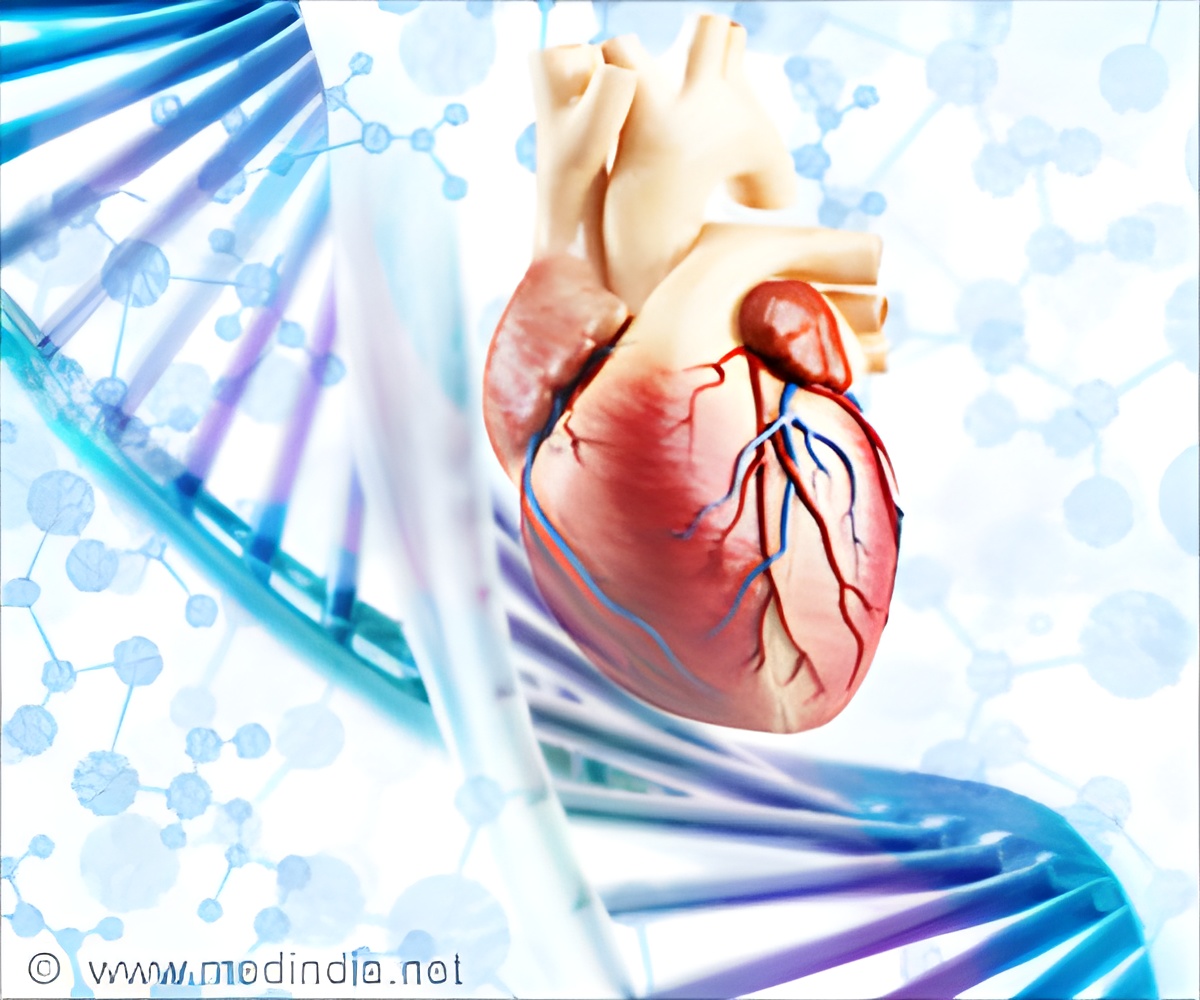
Past research has suggested that heart muscle cells stop dividing by the time mice are about one week old. But the heart grows substantially in mammals between birth and adolescence to accommodate an increase in the growing body's need for oxygenated, nutrient-rich blood. Heart muscle cells grow in size during preadolescence, but only to a limited degree, so the cellular processes accounting for the heart's rapid growth during this period have been unclear.
Shedding light on this mystery, a research team led by Husain, Nawazish Naqvi of the Emory University School of Medicine, and Robert Graham of the Victor Chang Cardiac Research Institute found that preexisting heart muscle cells retain their ability to replicate until well after birth. These cells undergo an intense 24-hour spurt of cell division in preadolescent 15-day-old mice, increasing in number by about half a million or 40%. This process was initiated by a surge in blood levels of thyroid hormone, which activated a signaling pathway known to trigger cell proliferation. Moreover, the ability of the heart to recover after injury was enhanced in the period before adolescence, corresponding to approximately 8 to 10 years of age in humans, compared with later in development.
"The brevity of this proliferative burst could explain why it has previously gone undetected," Graham says. "We may be able to take advantage of this window of opportunity, for example, by giving thyroid hormone to improve repair of the heart in babies born with heart defects, or to reactivate heart muscle cells in adults who experience a heart attack later in life."
Source-Eurekalert












